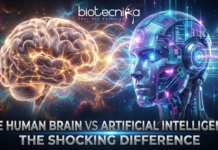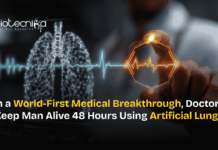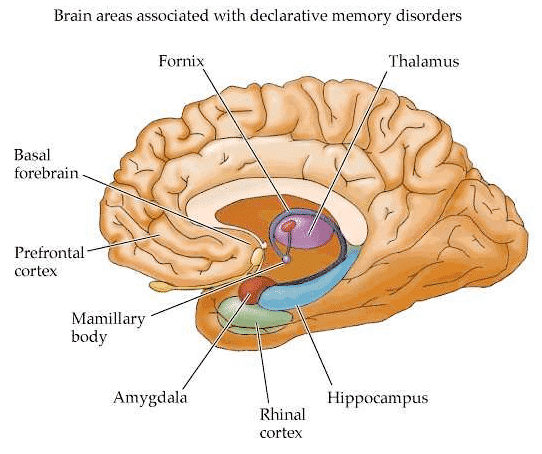Bone-Derived Hormone Plays Key Role in Memory Maintenance-study
Columbia University Medical Center (CUMC) has now announced results of its revolutionary study regarding a hormone (osteocalcin) made by bone-cells, which has the potential of improving age-related memory loss.
Published in the Journal of Experimental Medicine, CUMC’s research team found that memory loss could be reversed in mice by boosting their blood levels of osteocalcin (a hormone made by the same cells that create bones, and which levels decline with age in both mice and humans).
The hormone then travels to the brain’s memory center, where it strengthens neurones. The researchers also identified a possible target in the brain — a receptor of osteocalcin — which, with time and more research, would allow new possible treatments for age-related cognitive decline.
To investigate, they measured mRNA levels associated with the expression of 23,000 genes in human brain tissue. Genes use mRNA to tell cells to make products such as proteins – mRNA levels therefore reflect how active a gene was before death.
The team focused their analysis on the dentate gyrus, a brain region particularly affected by memory loss as we grow older.
The brain tissue came from eight healthy people aged between 33 and 88. Across these people, one gene – called RbAp48 – became steadily less active with age.
The researchers also used anti-osteocalcin antibodies to deplete the hormone from the plasma of young mice, reducing their performance on memory tests.
The researchers then found osteocalcin binds to a receptor called Gpr158 that is abundant in neurons of the CA3 region of the hippocampus, the brain’s memory center.
This was confirmed by inactivating hippocampal Gpr158 in mice and subsequently giving them infusions of osteocalcin, which failed to improve their performance on memory tests.
Karsenty said there were no toxic side effects and added: “It’s a natural part of our body, so it should be safe. But of course, we need more research to translate our findings into clinical use for humans.”
Previous work by Karsenty found the hormone jabs also rejuvenate the muscles of older mice, allowing them to match the running speeds and distances of young mice.
Eric Kandel, said: “Our laboratory’s long-term interest in the biology of memory and our recent work on age-related memory loss made this a natural collaboration with the Karsenty laboratory, with its background work on osteocalcin.”
The researchers have found that osteocalcin binds to a receptor called Gpr158 found abundantly in neurons in the CA3 region of the brain’s memory center, the hippocampus. No toxic effects were found in mice receiving osteocalcin supplements. Said Karsenty: “It’s a natural part of our body, so it should be safe…. But of course, we need to do more research to translate our findings into clinical use for humans.” Previous research has found that the muscles of older mice are rejuvenated by osteocalcin injections.























